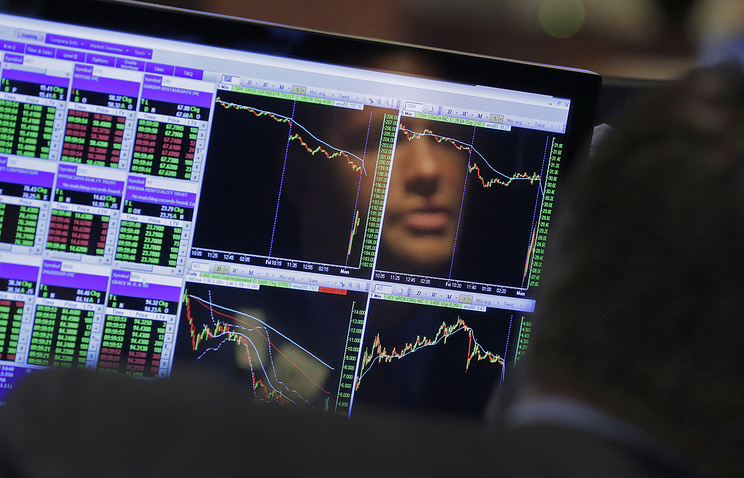Sanctions and the creation of trade unions negatively impact the global economic growth, Russia’s Finance Minister Anton Siluanov said Tuesday.
“Despite all measures assumed by the world community, the growth rates (of the global economy – TASS) are falling. Add to this regional trade unions, and sanctions, including those against Russia. This all affects the global growth rates, and we are bound to acknowledge that we are unlikely to achieve the goals set at the level of the ‘Group of Twenty’ (financial G20 – TASS),” he said.
Investment risks in Russia are still high due to challenging international economic environment, Siluanov explained.
“Each businessman always calculates the risks and profitability before making investments. The risks in Russia are still high, as the current economic situation is rather challenging, first of all the international economic situation, and the investment risks are rather big,” he said.
The pace of global economy growth has slowed down and will be below 3% in 2016, according to Siluanov.
“The International Monetary Fund has revised the outlook for the global growth four times. The most recent data shows 3.5% in 2016. According to our data it will be even lower than that. We will see how the situation develops, but most likely, global growth will be below 3%,” he said.
According to him, this could bring risks to the Chinese economy, which was financed mainly through the government debt investment in recent years.
Siluanov said that in 2014, at a meeting of the financial G20 finance ministers planned to achieve increase of global economy growth rates by 2%.
“But despite all the measures being taken by the international community, the growth rate of the global economy is reducing. In addition, there are regional trade unions, sanctions, including those against Russia. All this affects the growth rate. Now, we have to admit that, most likely, we will not achieve the plans we had at the level of the financial G20,” the Minister said.
According to Siluanov, the decline of economic growth rate is also due to the restriction of trade and capital flows.
